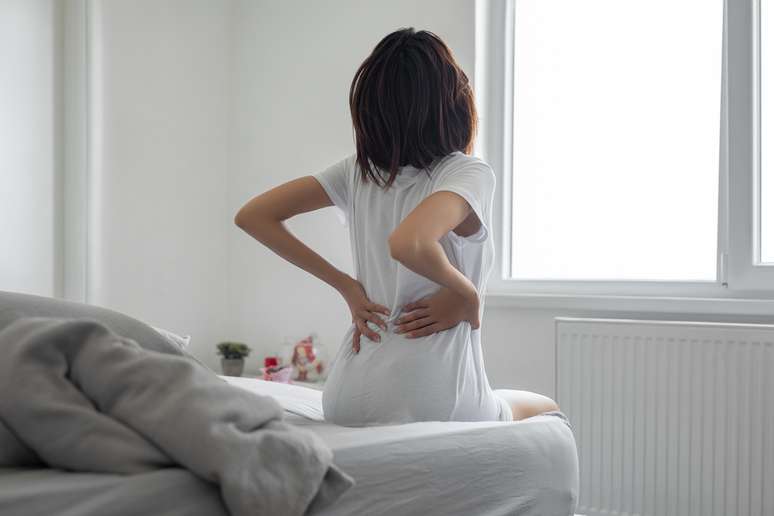The muscle pain that accompanies dengue fever, in addition to dehydration and inflammation of local joints, can cause spinal discomfort.
Summary
Dengue can affect the spine due to the generalized muscle pain that accompanies the disease, as well as inflammation of the joints. The orthopedist recommends hydration, painkillers, rest and, if necessary, physiotherapy.
Known for its classic symptoms such as high fever, headache, joint pain, weakness and red spots on the body, dengue can also cause less widespread and equally debilitating complications, such as back problems.
In an interview with Earth youorthopedic doctor specializing in the spine and director of the Orthopedics and Traumatology Center of Belo Horizonte, Daniel Oliveiraexplains that dengue can affect the spine due to the generalized muscle pain that accompanies the disease.
“Dengue often causes intense muscle pain, which can also affect the muscles that support the spine. These pains can be felt directly in the spine due to muscle tension and fatigue,” says the specialist.
Additionally, inflammation of the joints, including the facet joints of the spine, causes pain and contributes to discomfort in the region. Another point highlighted by the doctor is the patient’s dehydration, which can weaken the muscles that support the spine, increasing the risk of low back pain.

Dengue symptoms that can be confused with other diseases
Complications are temporary
The doctor explains that dengue does not cause permanent spinal complications and that the pain associated with the disease should decrease as the patient’s recovery progresses. If the pain persists afterward, you should consult a specialist to find out the cause of the discomfort.
To relieve pain, your orthopedist recommends good hydration, as dehydration can exacerbate back pain. It also recommends the use of analgesics to relieve fever and pain, including back muscle pain, always avoiding drugs that can increase the risk of bleeding, such as non-steroidal anti-inflammatory drugs (NSAIDs), especially in cases of severe dengue . and rest to recover muscle function and relieve tension in the region.
«When the pain is persistent it may also be interesting to consider other types of treatments, such as physiotherapy, according to medical prescription», concludes the professional.
Source: Terra
Ben Stock is a lifestyle journalist and author at Gossipify. He writes about topics such as health, wellness, travel, food and home decor. He provides practical advice and inspiration to improve well-being, keeps readers up to date with latest lifestyle news and trends, known for his engaging writing style, in-depth analysis and unique perspectives.








